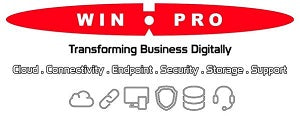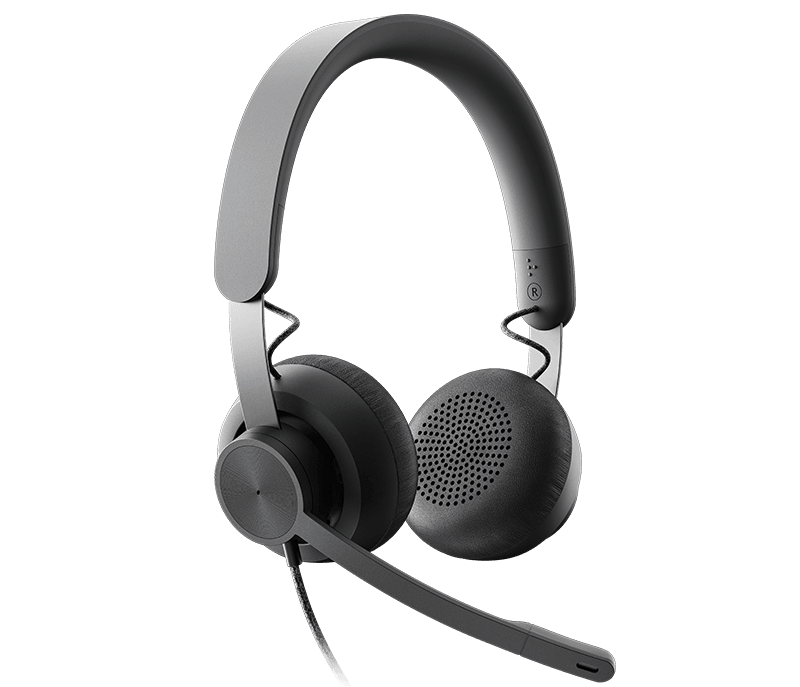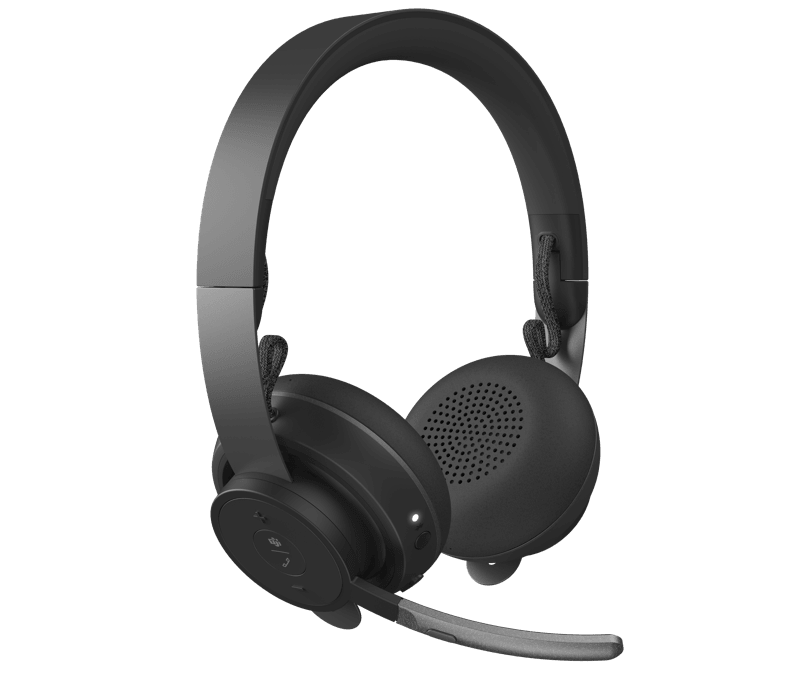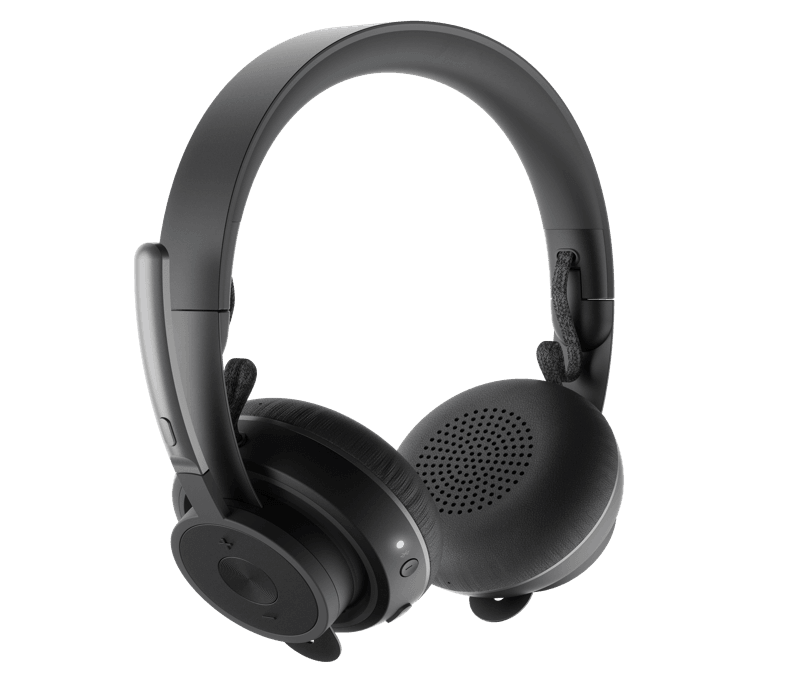
In today's digital landscape, small businesses rely heavily on efficient data storage and seamless sharing to propel their success. The choice between NAS (Network Attached Storage) and servers is pivotal in shaping a robust network infrastructure. Let's explore the intricacies of each option to empower you in making a tailored decision for your business needs.
Understanding the Core, Functionality and User Experience:
Servers and NAS devices play vital roles in network management, each with its own strengths.
- Servers, running dedicated operating systems like Windows Server or Linux, provide extensive functionality and control over network services. They offer versatility for various software installations but require intensive management.
- NAS devices are designed primarily for storage and file sharing. They offer simplicity, user-friendly interfaces, and low maintenance, making them ideal for businesses prioritizing ease of use while retaining essential functionalities.

Scalability and Data Protection:
Servers outshine NAS devices in scalability, accommodating expanding business needs through hardware and software upgrades.
- Servers offer advanced redundancy features like RAID configurations and automated backups, ensuring data integrity and mitigating the risk of data loss.
- NAS devices support RAID configurations, they may fall short in matching the robustness of server-based solutions.

Sharing Capabilities, Compliance, and Security Measures:
Regulatory compliance and data security are paramount considerations for small businesses. Both Network-Attached Storage (NAS) devices and servers excel in facilitating internal file sharing and user permission management.
- Servers, especially those equipped with enterprise-grade security features, offer comprehensive compliance support and granular control over user access permissions. They provide extensive control over network resources, making them ideal for internal team collaboration and data governance.
- NAS devices also prioritize data security, but server solutions may offer better alignment with industry-specific regulations like GDPR and HIPAA. NAS devices shine in scenarios requiring external collaboration, enabling seamless access to shared folders via the internet.
Performance, Accessibility and Cost Dynamics:
- Servers boast superior performance capabilities, making them indispensable for resource-intensive tasks and supporting a large user base. Servers entail higher upfront investments, including licensing fees and hardware expenses, they offer superior performance and scalability.
- NAS and servers enable remote access, with servers often providing more sophisticated options for mobility and remote work. NAS solutions present a budget-friendly alternative with bundled software and no per-user licensing fees, making them an attractive option for businesses prioritizing cost efficiency.
In conclusion, the decision between NAS and servers hinges on your business's unique requirements, budget constraints, and growth trajectory. Assessing factors such as scalability, performance, data protection, and compliance will guide you in selecting the optimal solution for your small business, ensuring seamless data management and fostering sustainable growth in the digital era.












